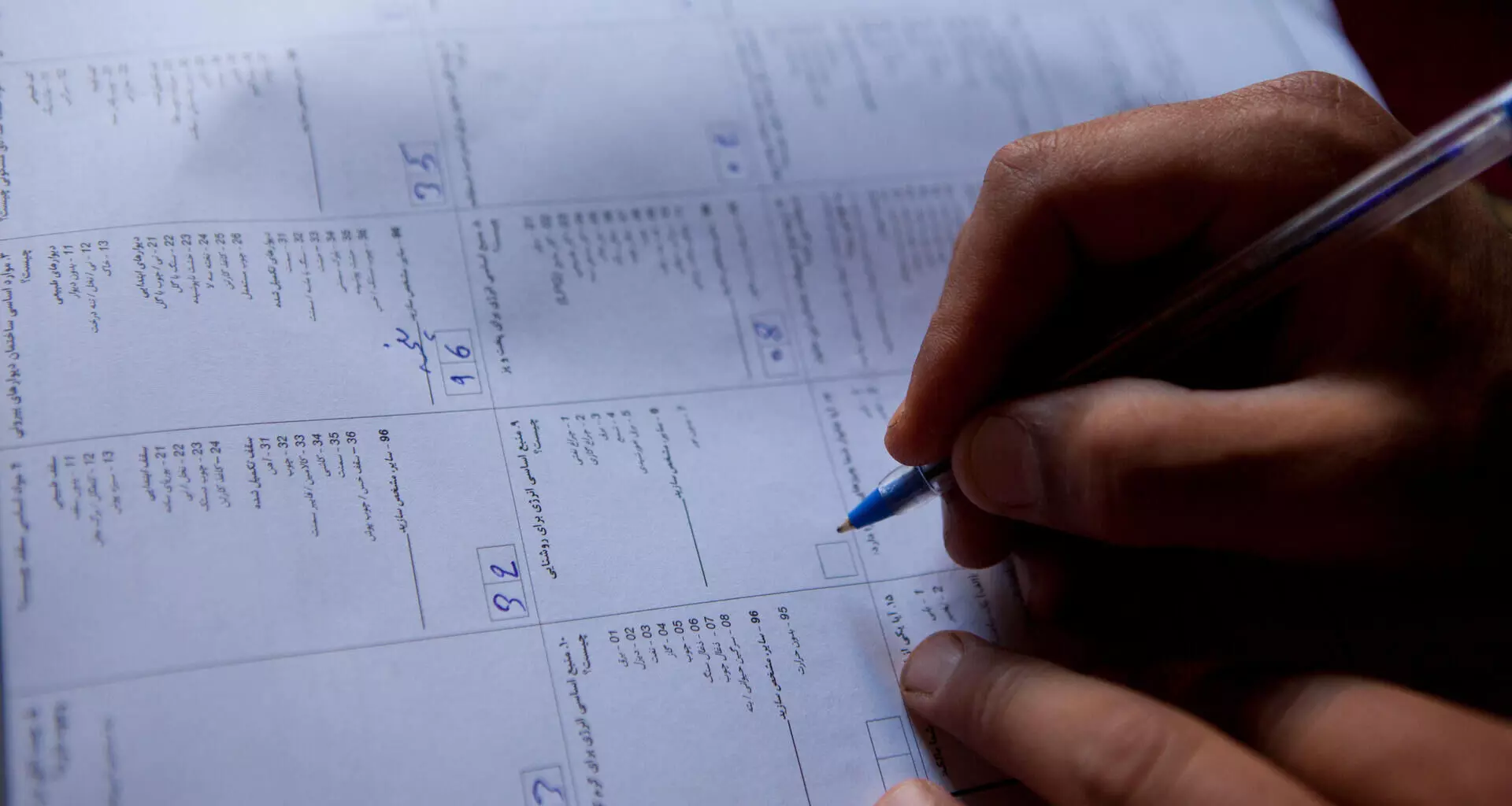
Seeking to create legal hurdles for minority rights
text_fieldsImage only for representation
That the Supreme Court expressed displeasure over the Central Government's delay in replying to a court direction was significant. Last Tuesday, the court expressed its disapproval when the government pleaded for more time in collecting the views of the states on whether the determination of minorities in the country should be at the state level or at the national level. This was during the hearing of a petition filed by BJP leader and lawyer Ashwini Kumar Upadhyay demanding that Hindus should be granted minority status in states where their population was a minority. The petitioner's contention was that in many such states other communities with minority status like Muslims, Christians and Sikhs are enjoying the benefits which should go to Hindus as minority, although the other communities form the majority there. For example, according to the 2011 census, Hindus are a minority in Mizoram, Nagaland, Meghalaya, Jammu and Kashmir, Arunachal Pradesh, Manipur and Lakshadweep. Therefore, it was argued that they should get the benefits of minority. A three-member bench headed by Justice Sanjay Kishan Kaul has now given one more chance to the Central Government to complete its submission and posted the next hearing for March 21.
Although there is no clear definition of minority in the Constitution, Article 30 guarantees the right of religious and linguistic minorities to run educational institutions. The National Minorities Commission Act of 1992 and the National Minorities Educational Institutions Act of 2004 also have listed Muslims, Sikhs, Buddhists, Parsis and Christians as minorities. When Upadhyay filed a petition in 2019, the Supreme Court said that religious minority should be considered on the basis of national population and linguistic minorities at the state level. Its rationale is that states are linguistically based and religious groups are reckoned nationally. Later, Upadhyay filed a petition again in 2020 which is now before the court. At one stage, the bench had remarked that it is not the job of the court to decide on who form minorities and the court would step only if there is any violation of rights involved.
One of the arguments in the petition was that by forming the National Commission for Minorities, the Central Government is deriving unbridled power. The government expressed the view that since the subject of minorities comes under the Concurrent List, both the Centre and the states can make laws on this matter. And, if they want, the states can also prepare their own list of minorities. For example, Maharashtra government has classified Jews as a minority community. An ambiguity in this came from the 2002 TMA Pai case verdict in which the right to educational institutions under Article 30 was brought under the determination of minorities at the state level. But in 2019, on Upadhyay's plea, the court ruled that the determination of religious minorities should be on an all-India basis. In this context, the court sought the Centre's opinion on the fresh petition. The Centre felt that the matter was sensitive and could not take a swift decision either way. The Centre agreed to collect the views of the states and give a reply. Thus the Centre submitted the response received from 24 states before the bench. But the response is incomplete since four states and two Union Territories are yet to give their views. All these states and Union Territories are ruled by BJP. BJP-ruled Uttarakhand, Assam, plus Tamil Nadu and West Bengal have suggested that minorities should be determined at the state level. Kerala expressed its view in favour of continuing with the current situation.
Logically, this should not raise a new legal controversy. Finding a new definition of minority is a process of determining the intent of the law. Accordingly, the legislatures can decide on this and on that basis whether any section should get or lose benefits. The response given by the National Minorities Commission was that the minorities should be decided at the state level, but this should be burdensome for the Central Government itself. More so, when one considers the political gains in the event the minority status is taken away from say, the Christian majority in the north-eastern states - where assembly elections are to be held soon - and the status is given to the Hindu community instead. The litigant's move can be seen only as an attempt to gain more benefits for the Hindu community through the judiciary and to create more hurdles in the way of the minorities. This is an attempt to take away the current minorities' rights using the courts, while it is clear that the constitutional sections and systems related to this are definite on the benefits being due to the country's religious minorities regardless of their place of residence. How the Supreme Court evaluates this move is therefore critical.

























